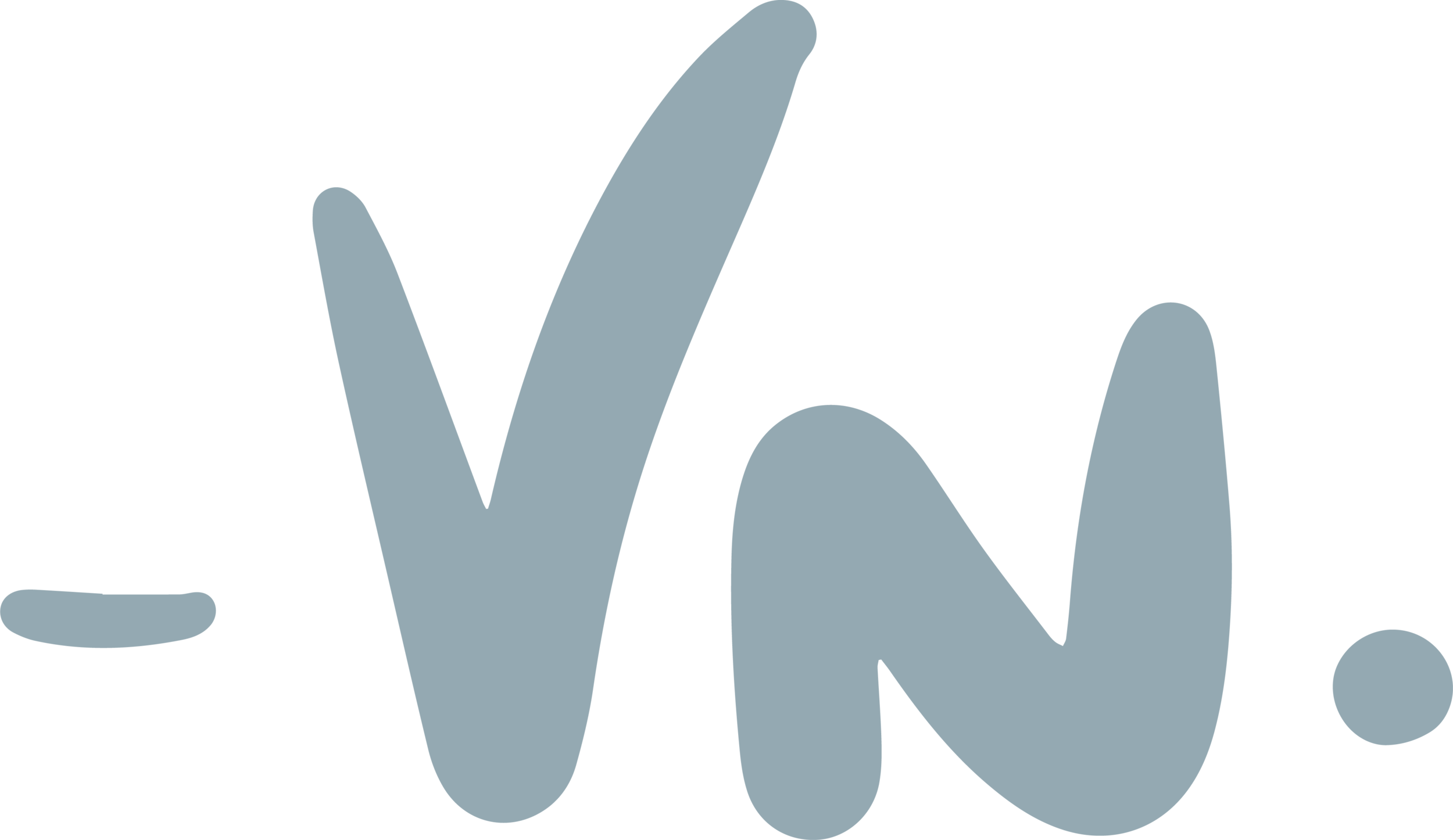Figuring Out A Schedule When Working From Home
And the impact not having a schedule can have on your mental health
Recently I published a piece on how having a good morning has very little to do with your morning routine and way more to do with setting yourself up for success. Morning routines and daily or weekly schedules are very similar. In order to ace them, you need to pay attention to your unique needs instead of trying to fit yourself into a one-size-fits-all approach.
As more of us continue to work solely from home, especially as COVID variants become more prevalent, there are a couple of shifts that you can start making today, if finding the right schedule for you has felt impossible.
The audit stage
“We’ve been working from home for months already.” “I should have already nailed down a schedule.” “I suck for procrastinating and not being productive.” It’s so incredibly easy to get lost in the negative self-talk that comes with not being “perfect” already. While perfection isn’t attainable (or what we should be after), I know that taking time to audit your days and routines can feel like a step back, instead of the step forward you want to be taking. But, I’m here to share that taking that time is a huge step forward to putting you on the right path. Start by writing down all the things you have to do in your day. Be picky with what actually has to get done versus what would just be a nice to have. This isn’t a time for judgement or for checking things off your list. I suggest doing it on a Sunday night or early on a weekday morning before you’re going to jump into your day or week.
BREAKUP WITH THE SUPERHERO VERSION OF YOURSELF
You’re going to set aside the long list you came up with during your audit stage and then you’re going to pull out a new piece of paper (physically or virtually) and you’re going to write a breakup note to the superhero version of yourself. This is the otherworldly human who you’ve created in your mind and who has the capacity to do a week’s worth of work in 8 hours. They are fast, never have to stop and eat, and are fixated on balancing each part of their lives effortlessly. This superhero probably never has to compromise or set priorities of what matters most on any given day because each day is an opportunity for them to do it all. The superhero version of yourself is rooted in an unhealthy belief that you must do everything at all costs, but that’s neither sustainable or productive. When your expectations of yourself are that high you end up spending more energy feeling bad about yourself than getting work done or managing your health. In my case, I have to break up with this superhero about once a day and usually it’s when I’m at my most stressed. The act of the breakup letter simply helps serve as a reminder that she is not me and that who I am is way more human and tight on time. It forces me to be honest about what I can do, what I need to delegate, and how I need to fold my self-care into it.
BREAK YOUR DAY INTO CHUNKS
The above two steps help you get to a clean slate, a place where you can actually start mapping out your day effectively or in my case, in “chunks”. Here are some of my “chunks”:
5/6am-8:30am — wakeup, workout, shower + get ready, breakfast
8:30/9am - 10am — morning pages + reading
10-1pm — work chunk
1-3pm — lunch + meetings time (I schedule meetings here because it’s the hardest point in my day for my concentration, so I know I wouldn’t be able to do heads down work)
3-6pm — work chunk
I schedule time in for “process” work and brainstorming because if I don’t then I wouldn’t be able to be creative in meaningful ways. I work better with chunking my time because then I can copy + paste the chunks into the next day and day after. This kind of schedule feels less dependent on individual tasks and fits in better with my regular life.
Overall, the most effective rule that’s helped me figure out my schedule has been understanding that it can look like what I need it to look like on any given day. There’s flexibility and permission that’s built into WFH life. Yes, everything needs to get done, but not everything needs to get done in a single day. Setting those boundaries and the expectations for yourself that you’re still working on a schedule will be essential to keeping your mental health in check.

